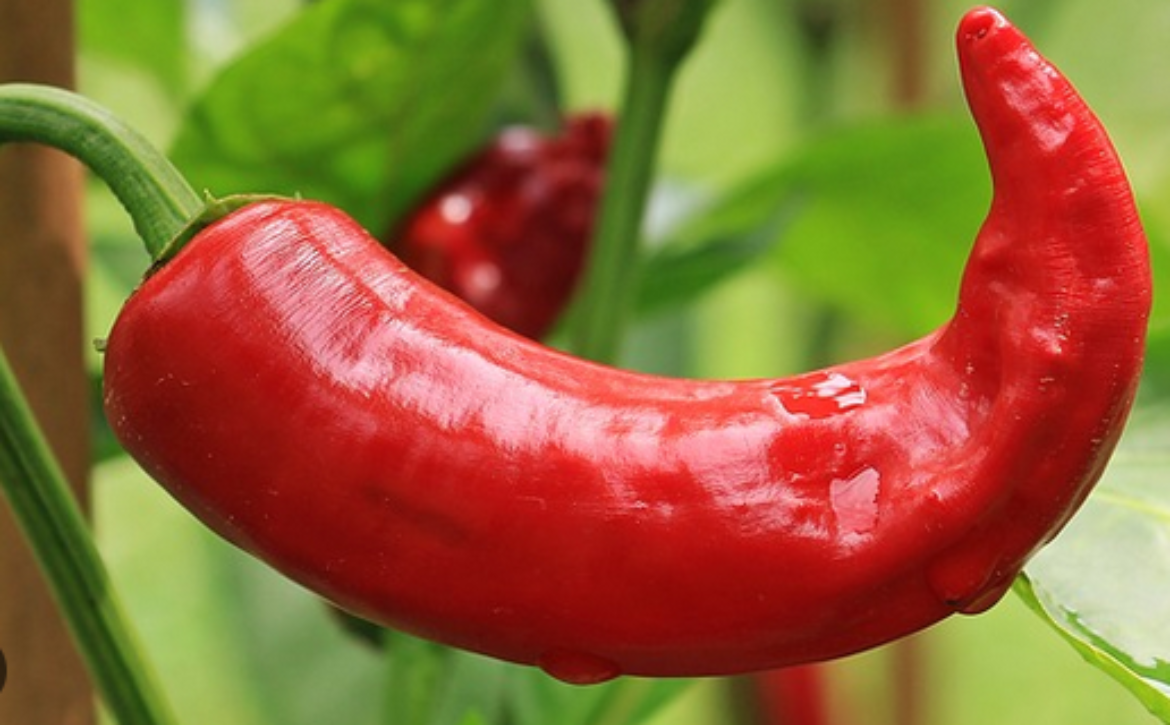Ugandan Peppers Given Green Light to Re-Enter European Market
After years of being banned from export to the European Union (EU) due to failure to meet safety and quality standards, the Ugandan pepper market has received a much-needed boost. The EU has lifted the ban on Ugandan peppers after a thorough examination process that proved they now meet the required standards, according to the Ministry of Agriculture, Animal Industry and Fisheries (MAAIF).
A statement by MAAIF dated December 22, 2023, announces that the peppers of genus Capsicum (other than sweet) originating in Uganda have been removed from Annex I to the EU Regulation 2019/1793. This is according to a recent communication received from the European Commission, Directorate-General for Health (DG SANTE).
The EU 2019 audit resulted in Ugandan peppers being moved to annex 1, which is the worst before a ban- this means increased controls, all peppers had to be checked thoroughly.
According to the letter from DG SANTE, the information available indicates a satisfactory degree of compliance, leading to the decision that official controls at a harmonized increased level by national competent authorities at the entry into the Union will no longer be carried out. Instead, routine checks will be performed, streamlining the process for Ugandan pepper exports to the European market.
The move is seen as significant for Ugandan farmers, as it will open up additional markets, maximize earnings and result in an overall economic boost. With the ban lift, Uganda is now allowed to provide peppers to the EU, its largest market and the revenue generated could help to create employment opportunities and reduce poverty.
The Permanent Secretary, Ministry of Agriculture, Animal Industry and Fisheries, Maj. Gen. David Kasura-Kyomukama said, “This positive development is a result of collaborative efforts between the Ministry of Agriculture, Animal Industry and Fisheries, and various stakeholders involved in the pepper production and export chain and reflects the commitment of the Ugandan government and its partners to ensuring the quality and safety of agricultural products for international consumers.”
The decision is a positive move towards increasing trade relations between Uganda and EU member states and is expected to lead to more investment in the agricultural sector of the country. Ugandan farmers, who have been working on improving the quality of the peppers, have expressed satisfaction with the lifting of the ban and are ready to increase production in response to the new development.
“We welcome the news of the lifting of the restrictions on Uganda’s pepper exports to the EU. This is a sign that when the public and private sector work together on regulatory oversight and self-monitoring and when the private sector observes the SoPs a lot can be achieved. We must however remain vigilant so that we do the same for all FFV exports and not just at point of entry but also at exit points. We thank the NPPO and the private sector for giving us this early Xmas gift and we pledge our commitment to play our role as we rebuild the export so it can boost exports, jobs and incomes.” Fred Zake, Executive Director Hortifresh Association Uganda remarked.
For the EU consumers, the move also means access to a versatile ingredient, peppers, in their diet and presents a crop of potential trade opportunities that speaks to the benefits of globalisation and open trade.
Despite the ban lift, the EU has upheld its stringent standards to protect its consumers, warranting continued vigilance from Ugandan farmers to ensure their produce continues to meet the required regulations.
The lifting of the ban on Ugandan peppers by the EU is a win-win situation for both Uganda and the EU, as it leads to increased trade, reinforces the benefits of international cooperation, and contributes to the growth of the agricultural sector of Uganda.
Odrek Rwabwogo, Chairman of the Presidential Advisory Committee on Exports and Industrial Development (PACEID) applauded all the agencies, public and private, that have been working hard to achieve this milestone. “PACEID is delighted about the European Union lifting the ban on Ugandan peppers. This decision is a testament to the tremendous efforts made by our farmers and exporters in meeting international quality standards. This will open up new markets for Ugandan peppers in Europe, a region known for its high demand & premium prices.” Rwabwogo noted.
The removal of these restrictions is expected to enhance market access for Ugandan peppers in the European Union, contributing to increased export opportunities and economic growth for the country. The Ministry encourages all stakeholders in the pepper industry to maintain the high standards that have led to this favorable decision and to continue working towards the sustainability and growth of the sector.



